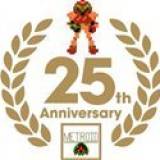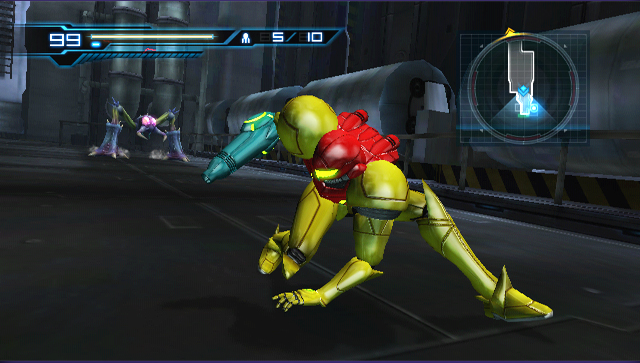@just_nonplussed: So, the way I see it, there are two different things you're putting forward here; the rejection of deconstructing a game into different components to analyse it and the use of your own language to describe video games, as opposed to the one that's already in place. As far as the former goes, I believe you can talk about a game without breaking it down into its individual parts but you just can't have any sort of in-depth discussion about it. As you no doubt know it's not just developers who insist on splitting a game up into its component parts to talk about it, it's the pretty much anyone who wants to talk about video games in a meaningful way, from critics, to academics, to many games enthusiasts. No, not everyone here needs to be concerned with how the industry is to make better games (although I believe this is something you yourself were asking people to be concerned with in an earlier post), but it's undeniable that the graphics, gameplay, sound, and all other elements of a game have a different effect on the people playing them. I absolutely agree that games should be good at bringing elements together in a way that lets them all compliment each other, but that in no way provides a basis for rejecting the idea of recognising the different components themselves. This concept of looking at the different components of something in order to analyse it wasn't born out of games development, it's what people do when they analyse anything from cars to paintings to movies, it's something that's existed for the majority of human civilisation, maybe longer. Without it we can only say if a game is good, we can't say why it's good. As for the language of game analysis I can see no valid reason to reject it. Like any language it's there for two reasons; firstly, because over all the time that this thing has existed, this is collectively the best way that people have found of describing it, and secondly, because it provides people with a common ground on which they can discuss this thing. You can't just change the meaning of any word to be what you want it to be because in the eyes of anyone else what you've written looks meaningless and nonsensical. It doesn't matter what you've written because it's in a language nobody can read and in this specific case in a language which is built on rejecting some of the fundamentals of the usual vocabulary used to discuss video games. In fact it's the combination of that and what I discussed in my first point which makes the whole Starbucks analogy so confusing. If you asked me about what affected my visit to Starbucks I'd tell you it was about how nice the person who served me was, the warmth of the coffee, the taste of the coffee, how good the conversation with my friend was and so on. Likewise you've done a little of the same kind of deconstruction here, you talk about how well the coffee is made and the loudness of the music, but the rest of the example is about the "narrative" of Starbucks. I don't honestly see why the narrative of Starbucks matters here because as it kind of has one, it's not like a video game, the narrative of Starbucks doesn't directly lead to any kind of tangible positivity and narrative isn't what the people behind Starbucks or even in Starbucks are aiming to craft in the first place. Of course this whole thing is made more confusing by the fact that when you say "narrative" I think it's possible that you might be using your own entire definition of "narrative" where the word means "experience" or something like that, but I just don't know.


Log in to comment